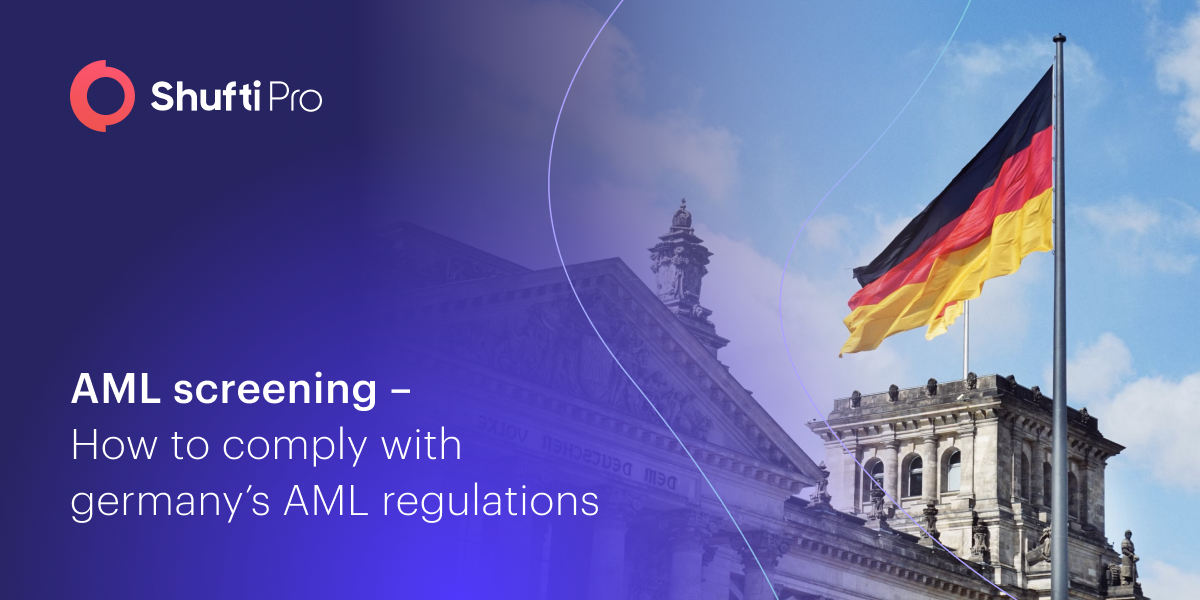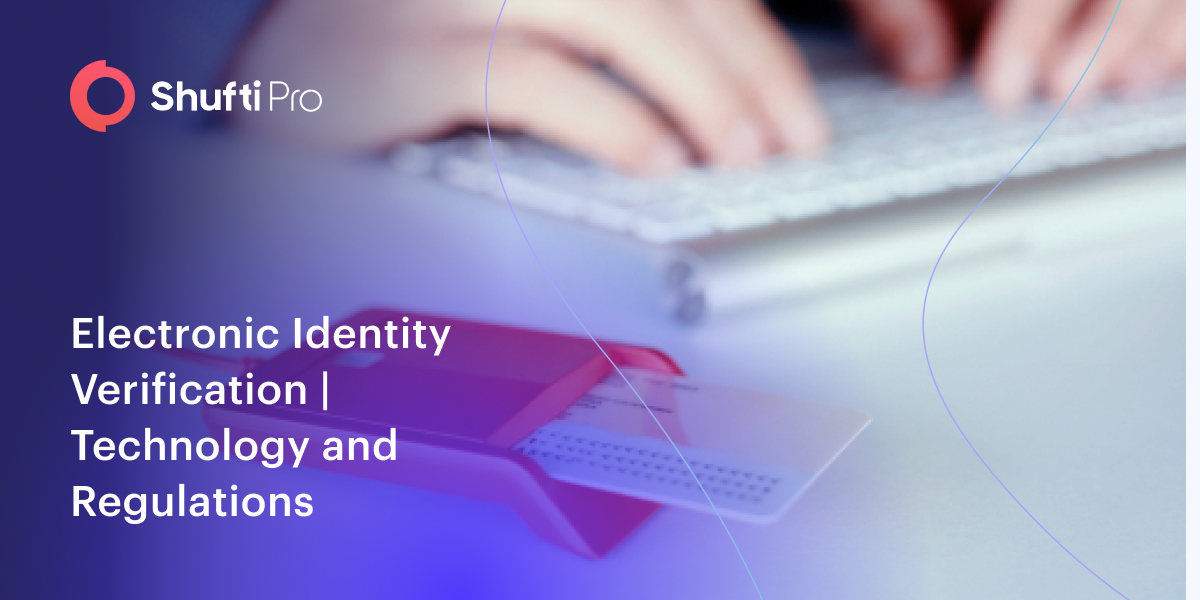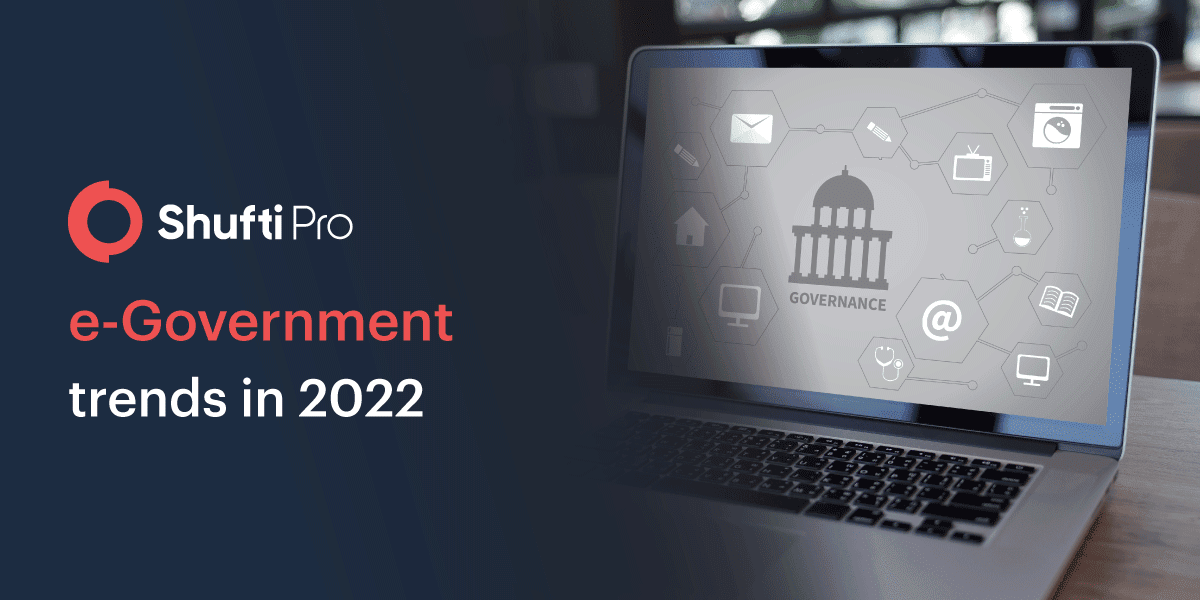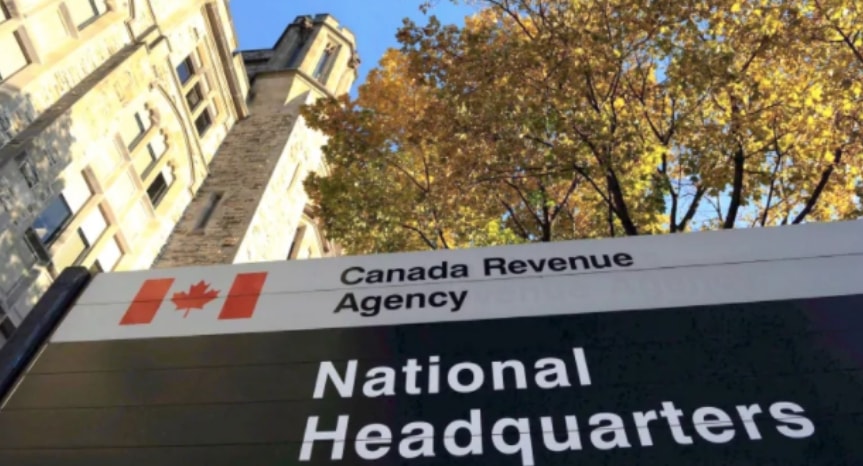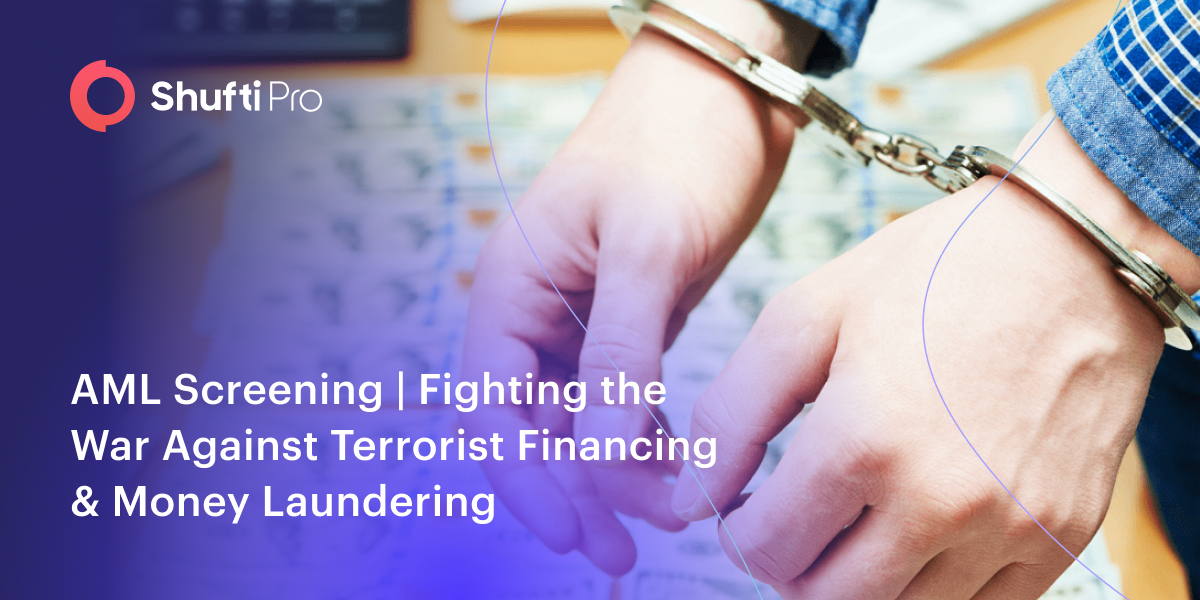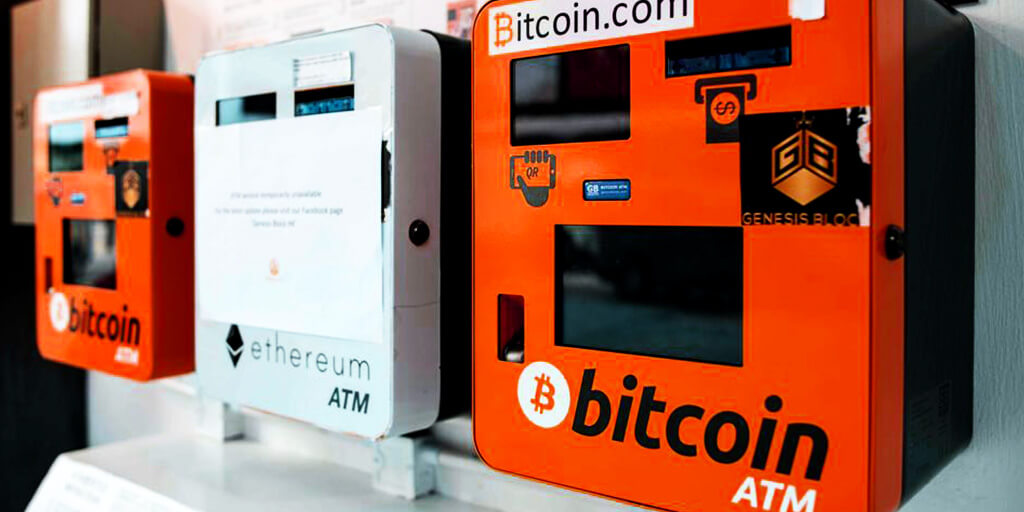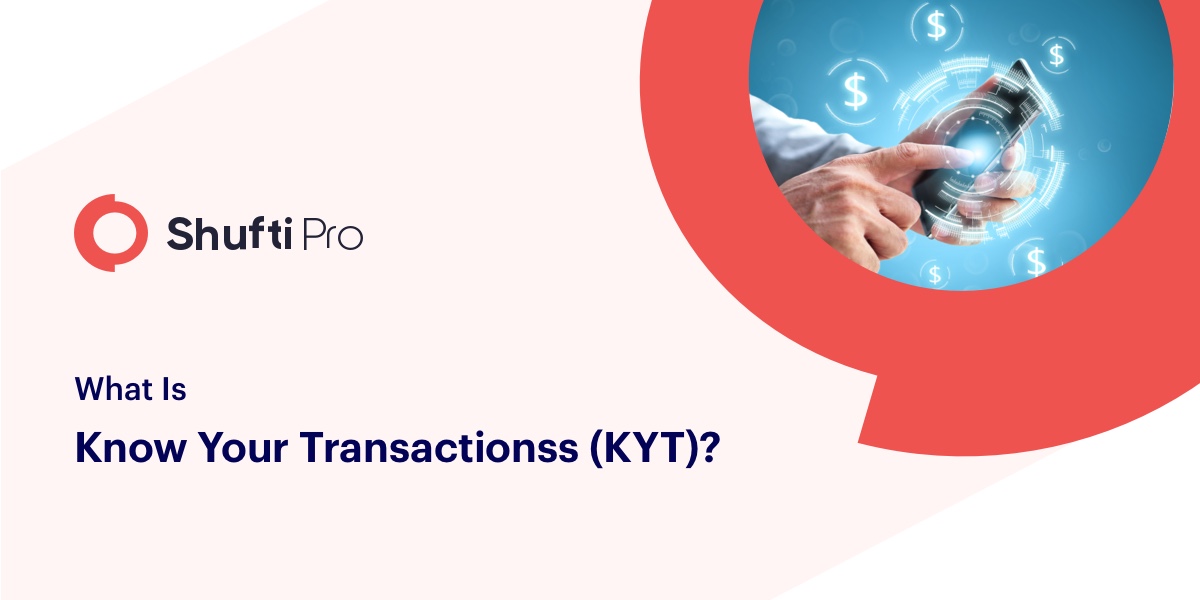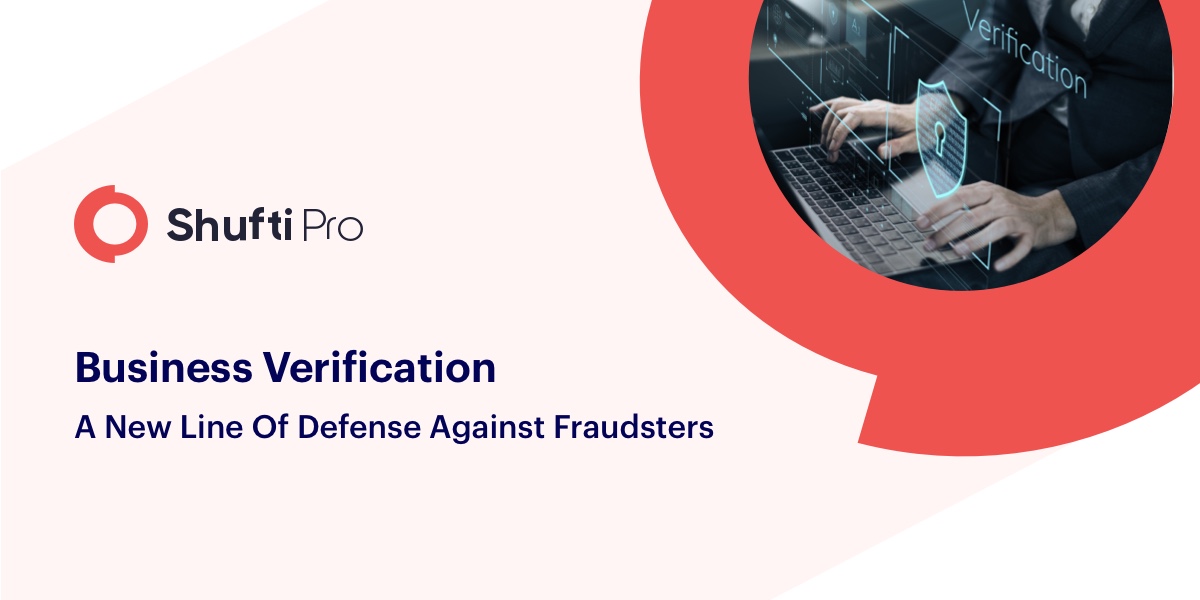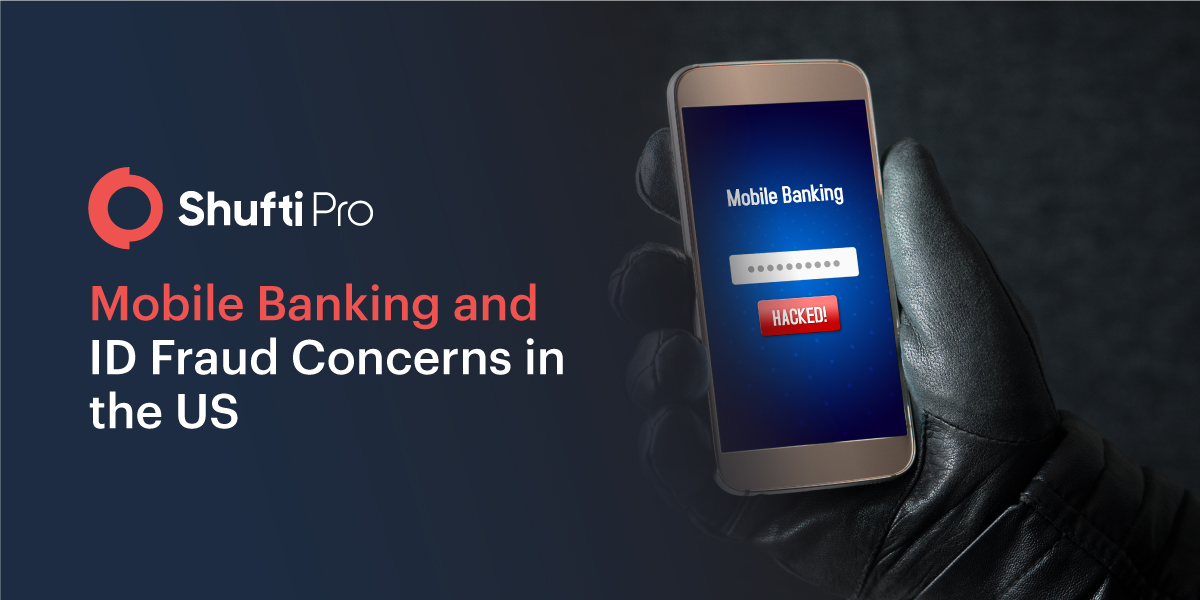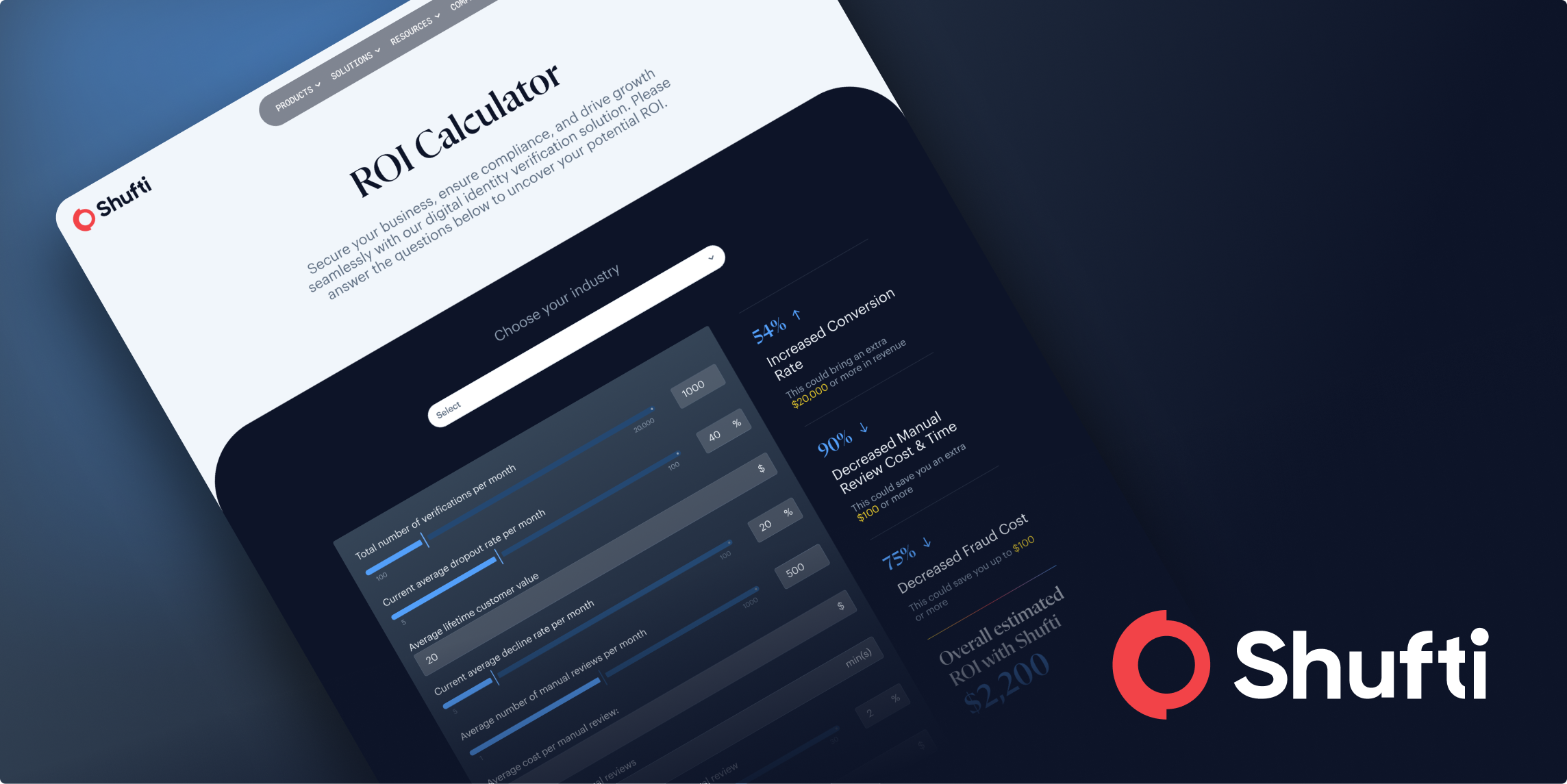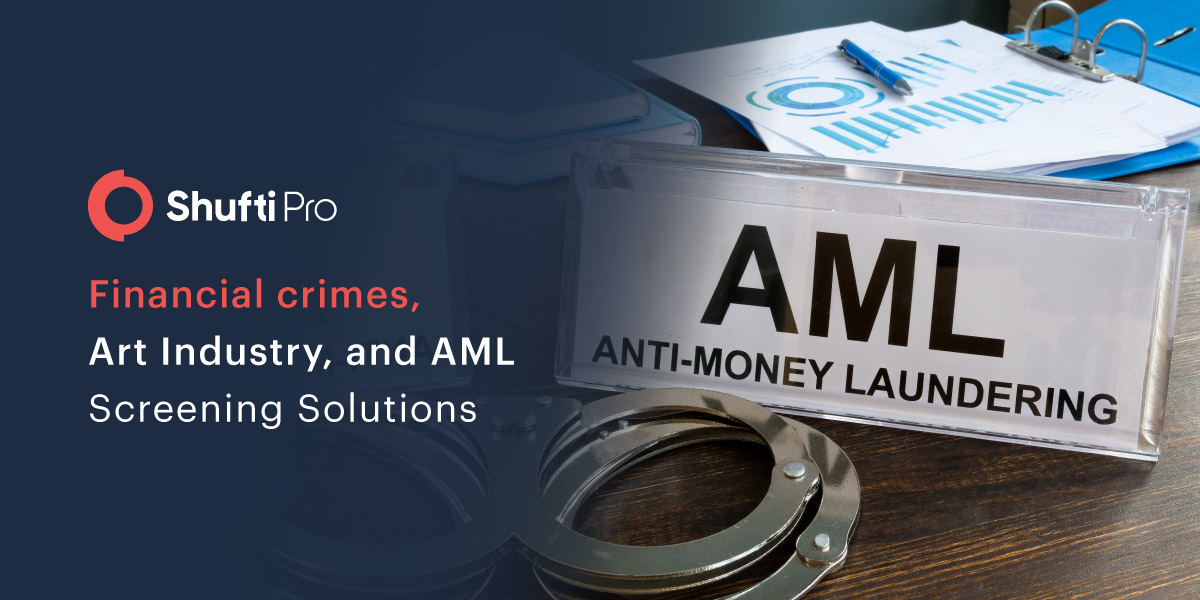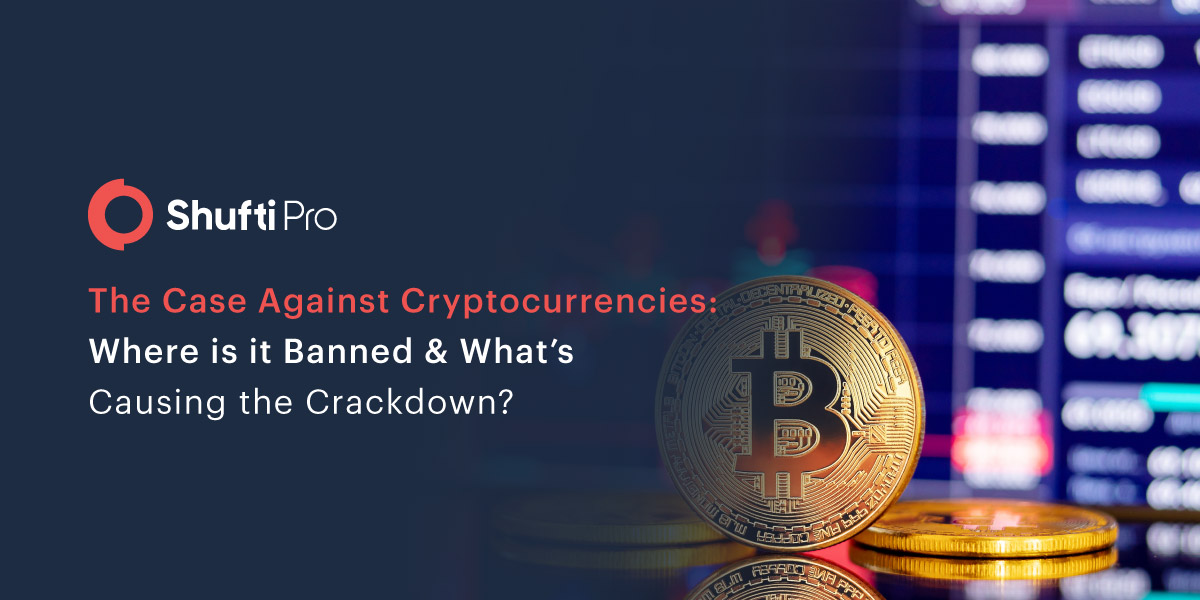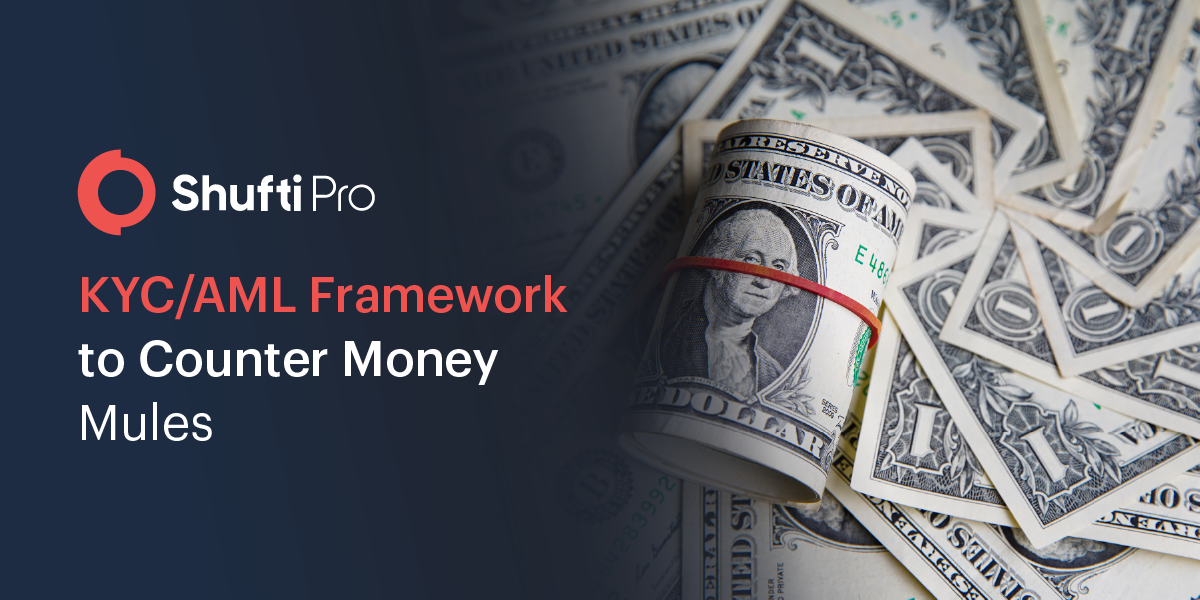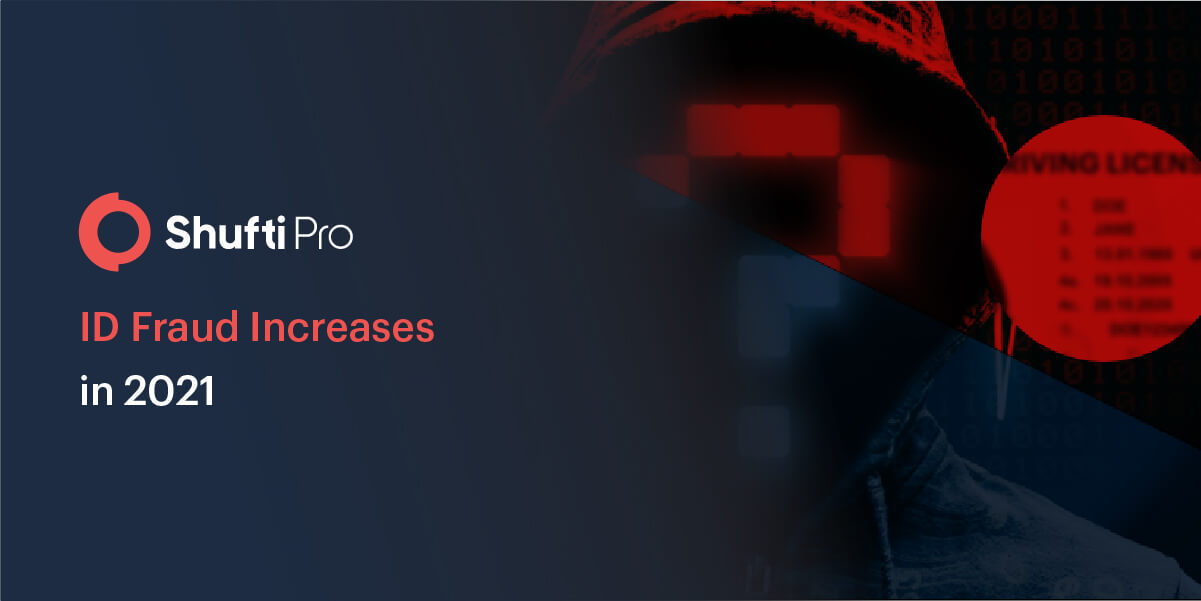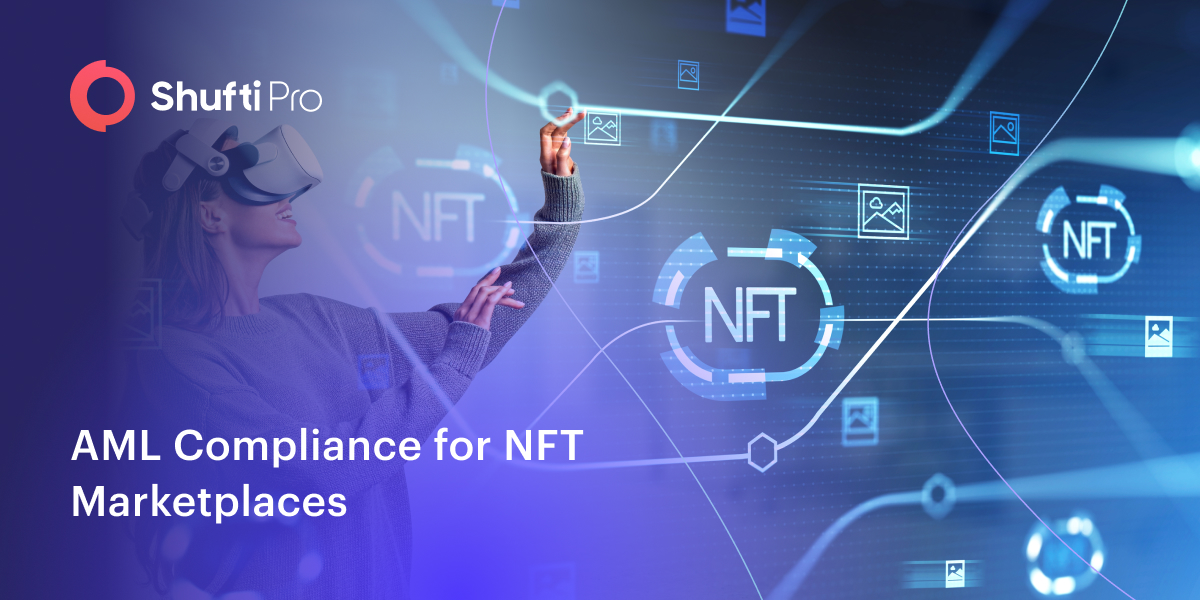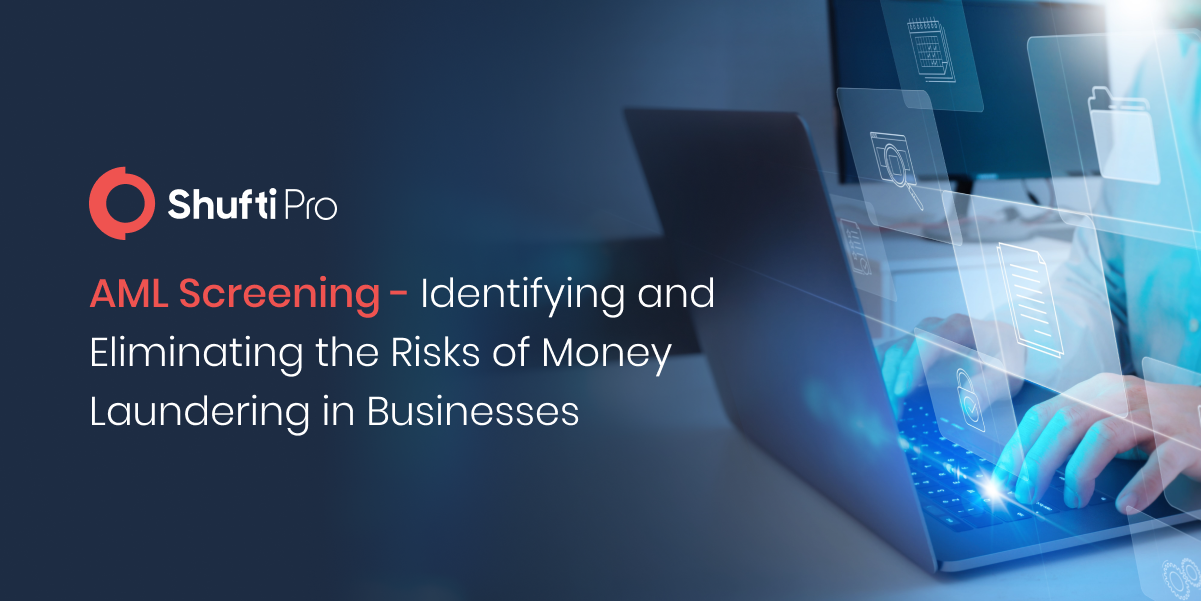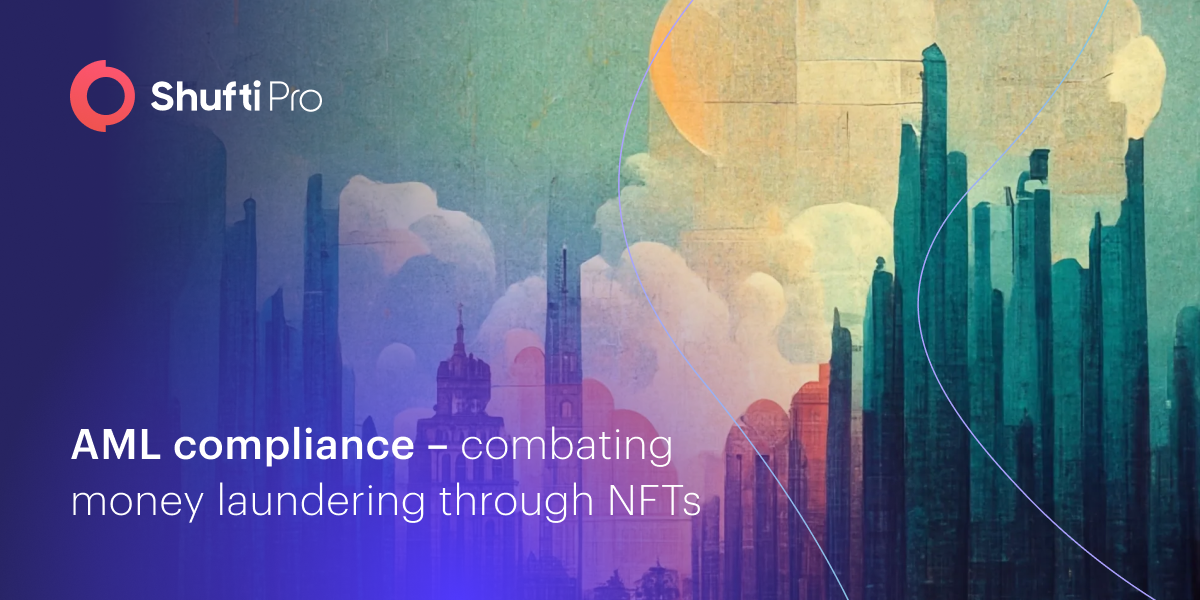A Brief Overview of the Cryptocurrency Landscape in the US and Canada [2022]

The adoption of cryptocurrency throughout the world has ignited the launch of new markets and regulations. An increasing number of countries are bringing crypto firms within the scope of Anti-Money Laundering (AML) regulations, obliging them to incorporate Know Your Customer (KYC) and AML measures to effectively perform customer due diligence.
The US plays a vital role in the global crypto adoption being the economic superpower. How the US regulates cryptocurrencies changes the way it is adopted in the rest of the world. Similarly, Canada is also a major player in the crypto sector with 40 crypto Exchange-Traded Funds (ETFs) and a serious stance toward crypto regulations.
How Crypto is Regulated in the US
The US has an organized method to streamline operations related to cryptocurrencies through rules and regulations like the Executive Order. The superpower has established numerous regulatory authorities to identify and mitigate the risks associated with crypto firms and exchanges.
These include the Securities and Exchange Commission (SEC), the Commodities Futures and Trading Commission, as well as the Treasury Department, the State Department, and the Department of Homeland Security. These agencies are responsible for ensuring the protection of crypto customers and investors by tackling illicit financing. The crypto regulations enforced and overseen by these authorities are aimed at ensuring financial stability, opening doors for financial inclusion, and allowing risk-free innovation.
Financial Crimes Enforcement Network (FinCEN)
The Associate Director of FinCEN, Alessio Evangelista, stated at a crypto conference:
financial institutions that operate in the cryptocurrency space have the same obligations as all other financial institutions to ensure that their new offerings can leverage innovations while still protecting consumers, reducing cybercrime, combating illicit financial activity, and ensuring their platforms are not used to harm our national security interests.
Congress and the SEC
The 18th US Congress has seen a total of 50 bills and resolutions for the regulation of cryptocurrencies. These bills also include regulations for blockchain and Central Bank Digital Currencies (CBDCs). Another bill that has become prominent is the bill to regulate stablecoins after the downfall of terraUSD. Various rulings have also been issued to answer important questions regarding cryptocurrencies. For instance, the Securities and Exchange Commission (SEC) Chair stated that “Cryptocurrencies are replacements for sovereign currencies…[they] replace the yen, the dollar, the euro with bitcoin. That type of currency is not a security.”
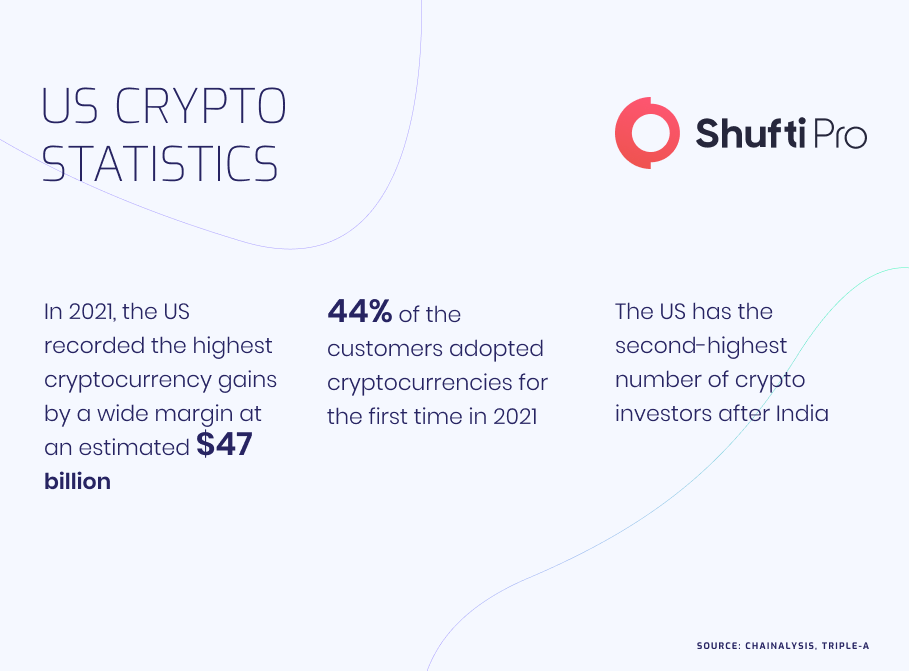
Regulation of Bitcoin
The US classifies Bitcoin exchanges under the scope of money service businesses (MSBs). The FinCEN has provided these exchanges with guidelines for individuals administering, exchanginng, or using virtual currencies. The guidelines state that a person is an exchanger and a money transmitter if the person accepts such de-centralized convertible virtual currency from one person and transmits it to another person as part of the acceptance and transfer of currency, funds, or other value that substitutes for currency. MSBs, like financial institutions, are obliged to implement measures to ensure compliance with the Bank Secrecy Act (BSA) and AML regulations.
Canada’s Crypto Regulations
Canada was the first country to issue Anti-Money Laundering (AML) regulations for crypto service providers and also the first jurisdiction that registered an investment fund based solely on crypto. Canada brought cryptocurrencies under the scope of its existing securities law in 2017. The country is part of one of the biggest market for crypto and other related industries.
In Canada, all cryptocurrency dealers and exchanges fall under MSBs and are obliged to comply with the same regulations for customer due diligence, monitoring and reporting of suspicious activities. Virtual Asset Service Providers (VASPs) are required to register with the Financial Transactions and Reports Analysis Centre of Canada (FinTRAC) and implement KYC measures to verify the identities of their customers. They also need to report crypto transactions worth more than 10,000 Canadian dollars.
The Canadian Securities and Administrators has issued guidelines to help crypto issuers “avoid inaccurate or misleading disclosure and to provide the information necessary for investors to make informed investment decisions.” There is also a difference in classification for different type of crypto trading platforms. For instance, crypto-asset Trading Platforms (CTPs) deliver instant services to clients, and those that take custody of crypto assets. In cases where CTPs hold or control crypto assets, the assets are considered a security or derivative, and the CTP is considere a security dealer.
Additional Crypto Regulations in the US
In the US, the Office of the Comptroller of the Currency (OCC) permits US national banks to accept cryptocurrency deposits, exchange US dollars for stablecoins, and even use blockchain systems for payments. The Financial Action Task Force (FATF) has issued guidelines on how cryptocurrency exchanges should be regulated. The travel rule is a part of these guidelines, which obliges crypto exchanges to obtain, store, and send the beneficial ownership information to the relevant authorities. This is to ensure that suspicious activities are identified and reported within the given time, and the authorities can take quick actions to freeze or impose bans on transactions, entities, or businesses.
The FinCEN cleared the confusion around the travel rule and stated that the requirements are the same for crypto exchanges. In February this year, a joint venture by 18 US-based digital asset companies revealed the Travel Rule Universal Solution Technology (TRUST). The TRUST is aimed at helping crypto exchanges to comply with the travel rule while protecting the privacy of customers.
The US is on its way to developing a clear structure for the regulation of cryptocurrencies. Both individual and business investors will then have the confidence to invest in the sector.
What Shufti Offers
Preventing financial crimes like money laundering and terrorist financing requires cryptocurrency exchanges to incorporate adequate AML checks and KYC procedures. These practices have not only been endorsed by global regulatory authorities but have shown encouraging results in the real world as well. As cryptocurrency adoption is showing no signs of slowing down, firms must invest in the right AML solutions to streamline compliance and fraud detection processes.
Shufti’s Anti-Money Laundering (AML) screening allows cryptocurrency firms to stay compliant with regulatory standards as well as preventing money laundering. Powered by thousands of AI algorithms, Shufti’s AML screening solution runs background checks on customers against 1700+ global watchlists in less than a second with 98.67% accuracy.
Want to learn more about our AML Screening solution?





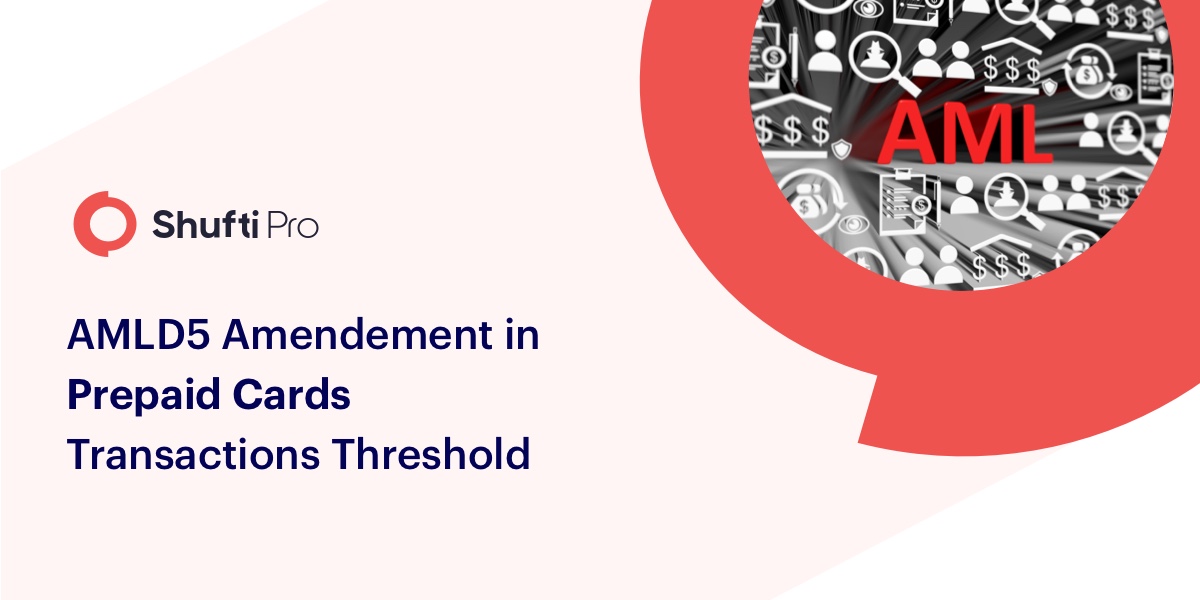
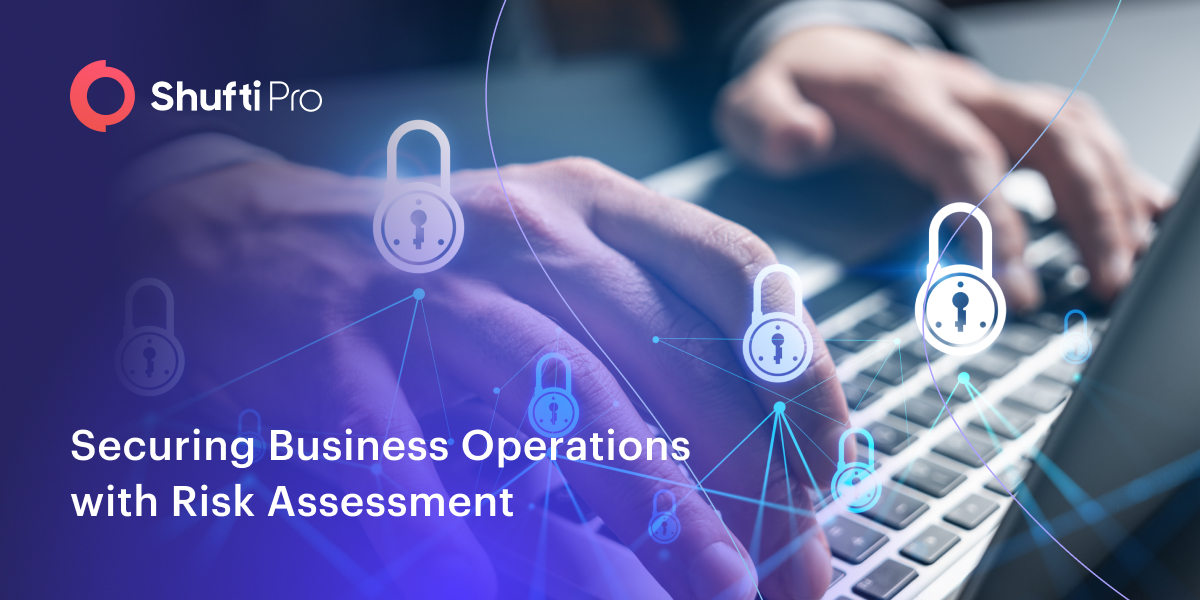



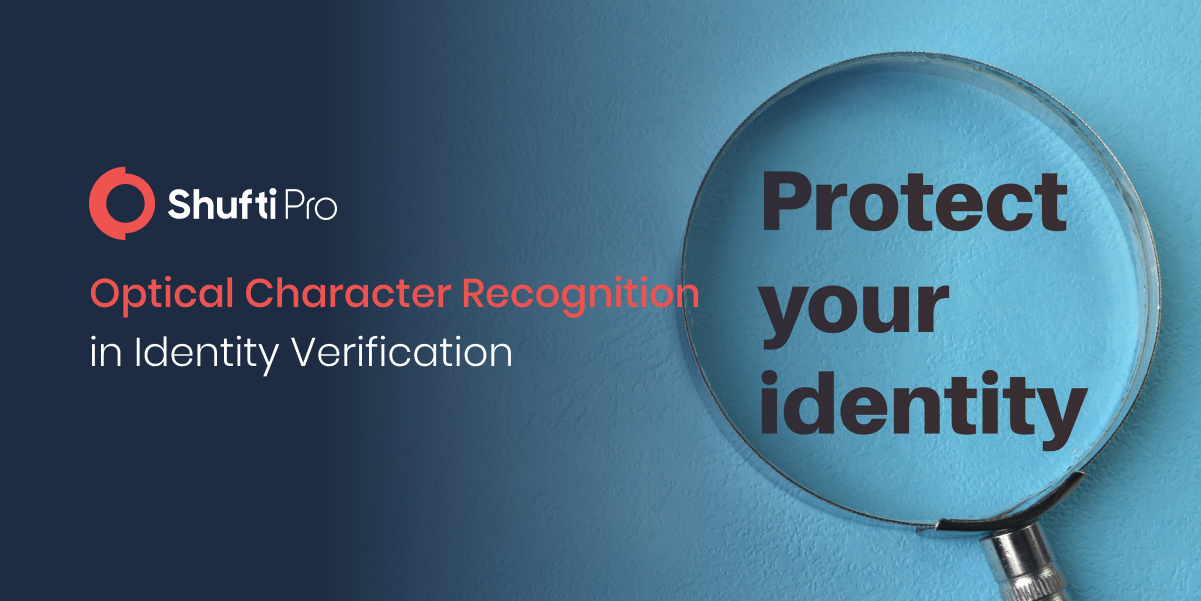

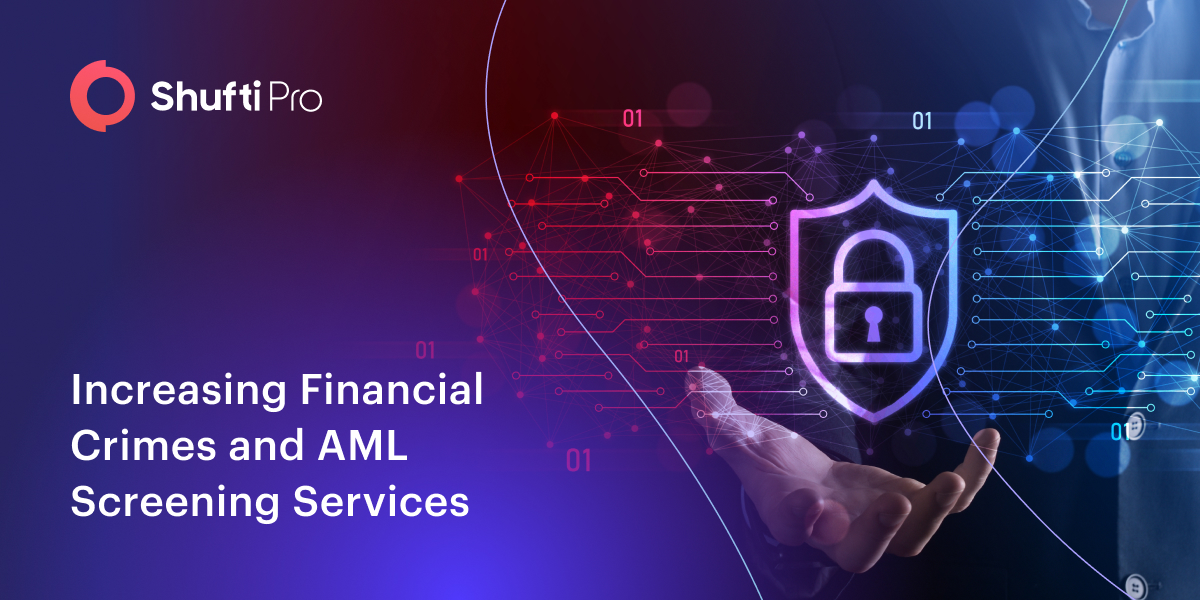

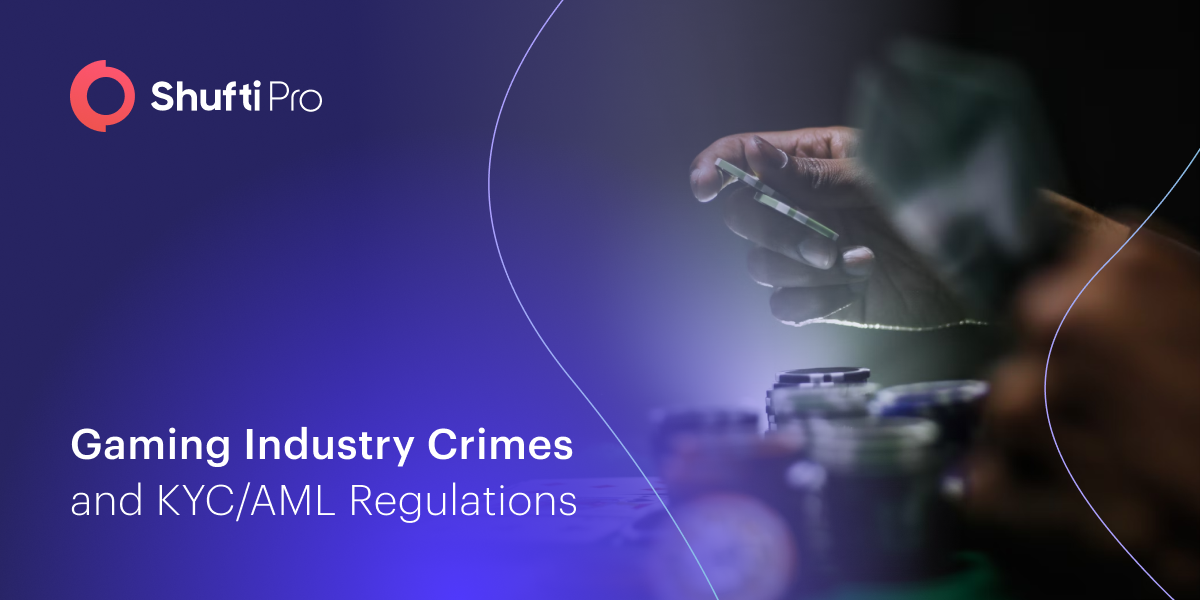
![An Insight into Global Regulations for the Cryptocurrency Sector [2022 Update] An Insight into Global Regulations for the Cryptocurrency Sector [2022 Update]](https://shuftipro.com/wp-content/uploads/b-img-global-comp.png)


![Harnessing the power of AML Screenings to Uncover Politically Exposed Persons [PEPs] Harnessing the power of AML Screenings to Uncover Politically Exposed Persons [PEPs]](https://shuftipro.com/wp-content/uploads/n-img-harresing.webp)



